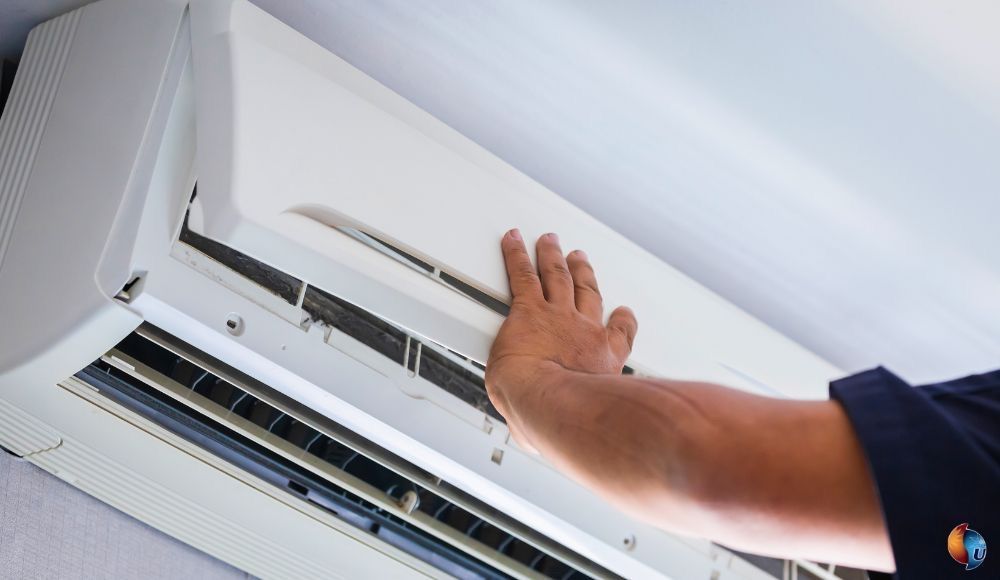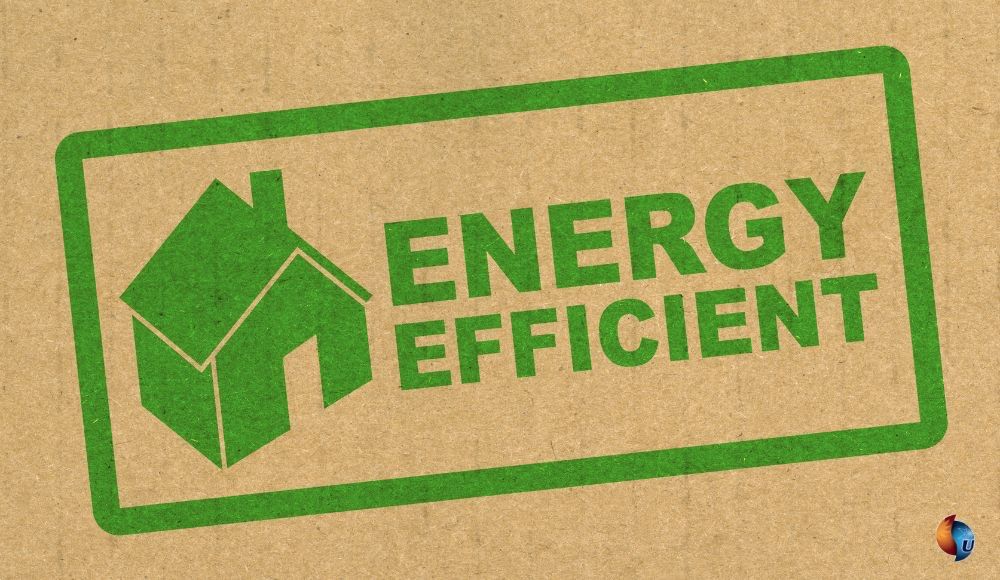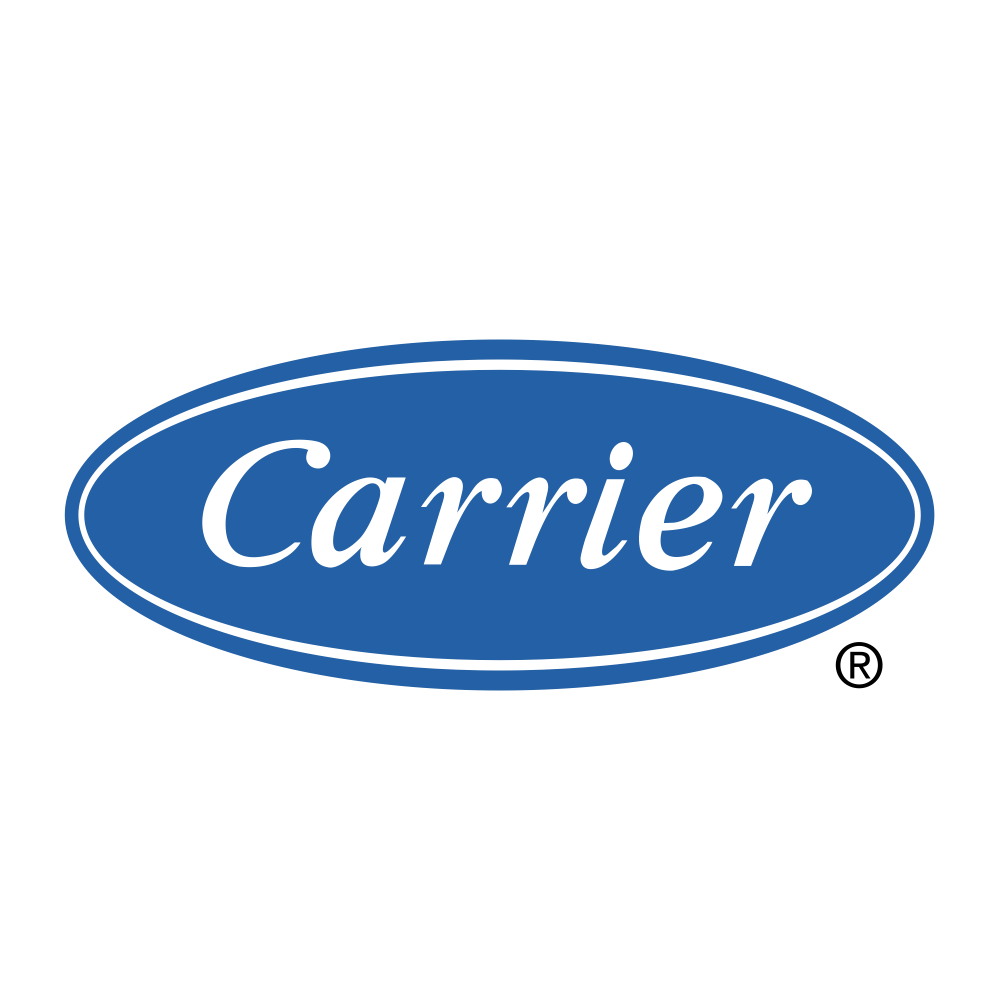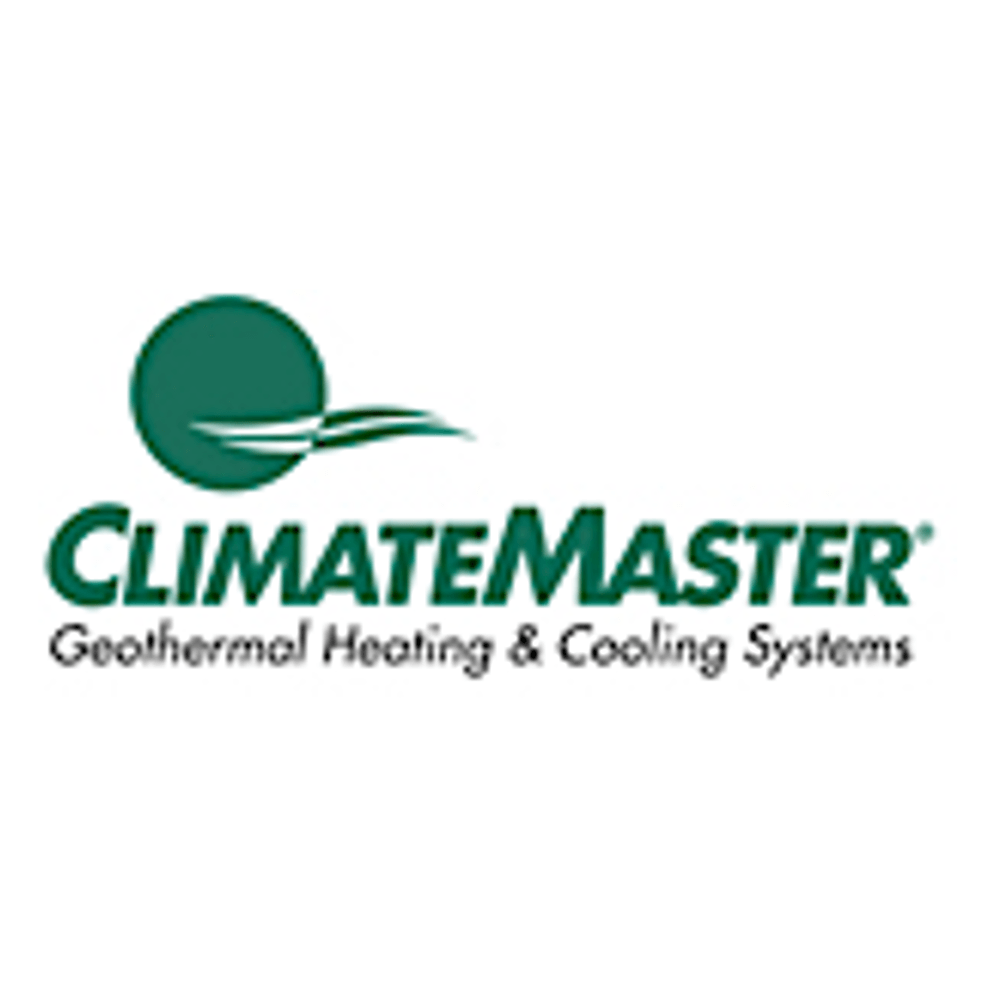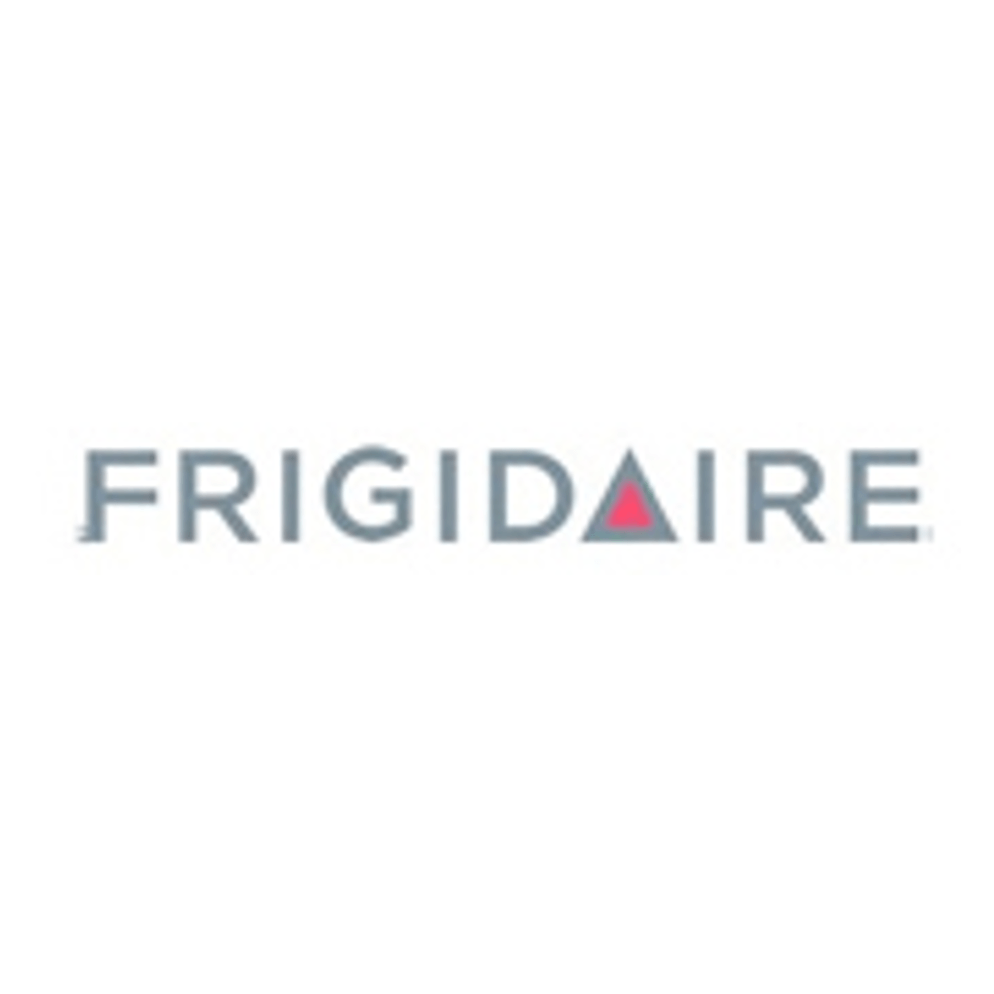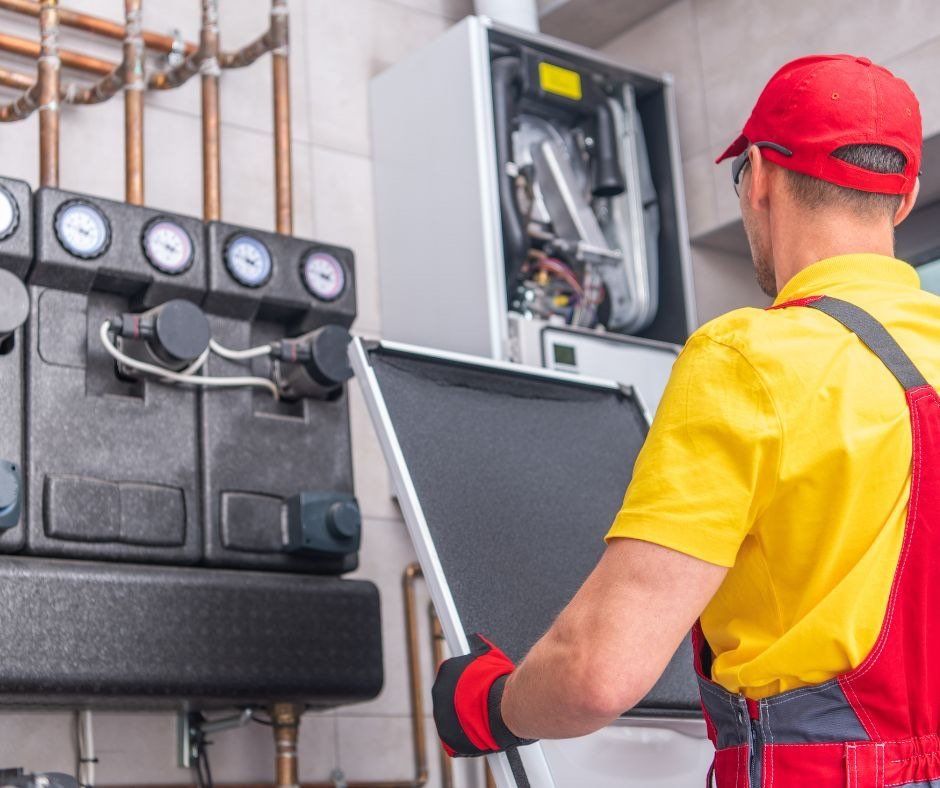Control Indoor Air Quality Problems
Are you having problems with your indoor air quality? Check this list for some things you can do, or contact us and we can help you as best we can!
Use the Checklists below for some helpful hints on what to do:
Tips to help control dust and other biological contaminants:
- Use a vacuum cleaner with strong suction, and a rotating beater brush to loosen ground-in dirt. Two-ply bags with HEPA filters ensure the dirt stays in the bag. This tactic is an easy and effective way to quickly improve the air quality in your home.
- Install hard surface coverings on floors, windows and furniture — they help repel dust. Again, this is a smart investment that removes the harmful contaminants that undermine indoor air quality.
- Avoid pets inside your home. If you wish to keep a pet indoors make sure it is groomed often and keep your pet away from carpets, furniture and beds. Fluffy or Rex may look cute, but all that dander means one thing: you’ll be sneezing and wheezing as your indoor air quality gets worse and worse.
- Wash bedding weekly at a hot setting. That means your dirty sheets need to be cleaned – immediately! The military would court martial for such an offense, but we’ll merely send you to your room without supper. Now clean those sheets!
- Use hypoallergenic dust covers on your mattress and pillows to deter dust mites and other biological contaminants. Those mites are nasty creatures, so stop them before they ruin your indoor air quality.
Tips to help control odors, fumes, and gases:
- Keep interior doors leading directly into the garage closed. Leave the garage door open at least 5 minutes after a car enters or leaves the garage.
- Extinguish all burning embers in your fireplace before shutting the flue.
- Leave the door open to any room that does not have a return vent.
- Use non-toxic cleaning products. Keep them sealed and store them away from high traffic areas in your home.
- Eliminate tobacco smoke in the home.
- Install and use exhaust fans in the kitchen and bathrooms.
Tips to help control the humidity levels in your home:
- Check your home for leaks near windows, doors, attic accesses and dryer vents.
- Ensure your ductwork is inspected and cleaned by a professional.
- Reduce static electricity in your home by installing a humidifier.
- Maintain relative humidity in the 35 to 50% range. Over 50% can promote mold and other bacterial growths. Below 35% can cause sore throats, sinus congestion, skin disorders, warps in wooden furniture and floors, separation in wood floors, and gaps in molding.
- Be certain your air conditioning equipment is sized properly and ensure it’s in good working order for the best dehumidification. (If no air conditioning system is present, a dehumidifier can be a good option to maintain proper humidity in your home.) In colder climates, a humidifier may be used to increase humidity levels as needed.
- Have a precision tune-up performed on your heating and cooling system twice each year for maximum efficiency, comfort and safety.
Ventilation
Today’s modern homes are tightly sealed to keep conditioned air in and save energy. The problem is, without the right amount of fresh air, your home can become a breeding ground for pollutants. Fortunately, there are plenty of things you can do with the help of an Ultimate Comfort professional to improve ventilation in your home.
Here are just some of the many aspects of healthy ventilation you should be aware of when it comes to ensuring that your family can enjoy a healthy home:
- Contain your renovations to one room at a time.
- Seal and vent renovated rooms before continuing to the next project.
- Have an existing ventilation system properly maintained with regular service.
- Mechanical ventilation systems such as Heat Recovery Ventilators (HRV) and Energy Recovery Ventilators (ERV) are balanced systems that bring in and filter the outdoor air while exhausting stale indoor air. These systems capture energy and use it to heat or cool the incoming air for greater energy efficiency and comfort.
- Rather than opening windows for ventilation, consider solutions that only allow filtered conditioned outside air to come indoors and help dilute any pollution in your home’s air.
Filtration
Another way to keep your home healthy is to clean the air by filtering out as many pollutants as possible.
A proper filtration system helps clean the air in your home:
- Determine the appropriate air filtration and cleaning equipment for the needs of your family. Ultimate Comfort can help educate you regarding various options so that you can choose the option that is best for the health of your home.
- Regardless of the options selected, an important step in good filtration is the constant recirculation of air throughout your home.
- Removes over 95% of particles ranging in size down to 0.3 micron.
- UV lights are an excellent problem solver in areas where bacteria or biological contaminants are a concern. UV lights can reduce and destroy bio-contaminants by bathing them in high intensity UV.

